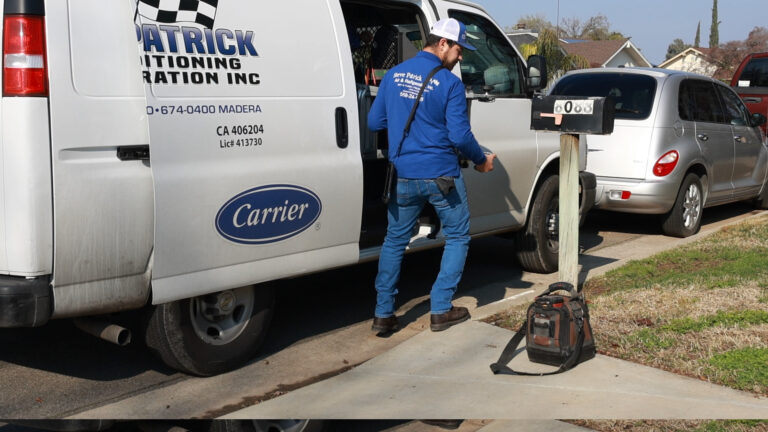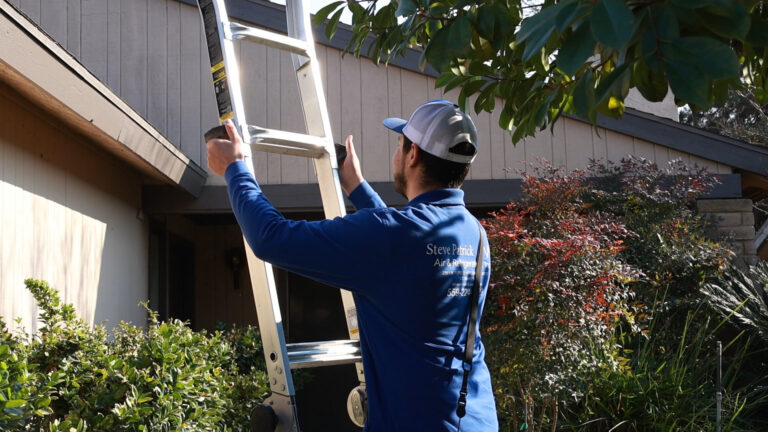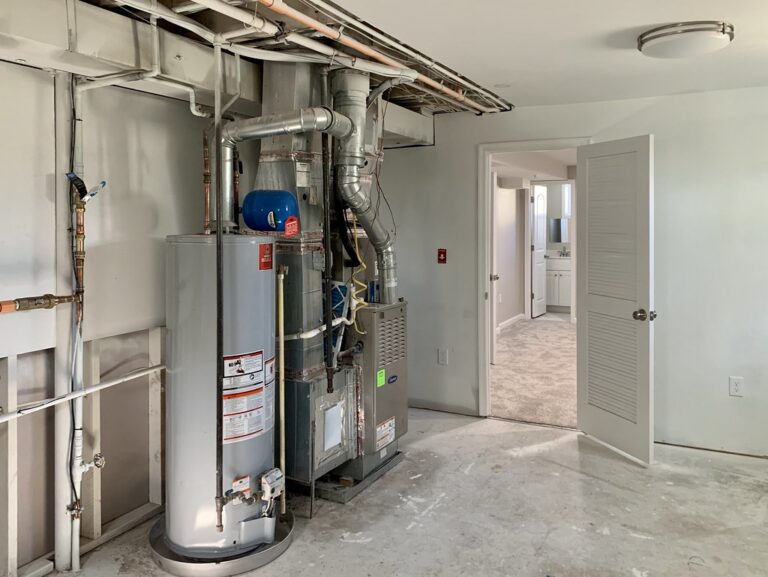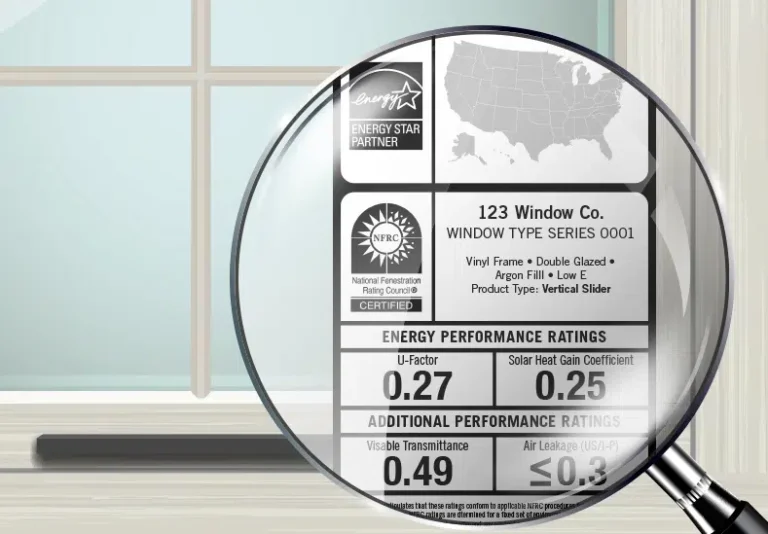Can you imagine surviving a hot summer without air conditioner services? Over a century ago, people relied on fans and water-cooled beds for cooling. The first air conditioner was invented in the early 1900s, revolutionizing comfort. Since then, air conditioners have become an essential part of homes, offices, and vehicles worldwide. In this blog post, we’ll explore the history of air conditioners and their evolution.
Willis Carrier’s Invention (1902)
In 1902, a young engineer named Willis Carrier invented the first air conditioner. His initial goal was to control humidity levels in a printing plant, and he achieved this by leveraging the science of refrigeration to cool and dehumidify the air. Carrier’s innovation greatly improved manufacturing processes by boosting productivity and reducing spoilage rates. His groundbreaking invention laid the foundation for modern air conditioning, transforming how people manage indoor environments.
Air Conditioning Growth (1930-1950)
Between 1930 and 1950, the use of air conditioning units grew significantly, but access was limited mainly to the wealthy, commercial businesses, and institutions. Despite this exclusivity, air conditioning profoundly affected how people lived and worked, providing a comfortable escape from summer heat and humidity. As air conditioning became more common, demand for high-quality units suitable for residential installation also increased. This period marked the beginning of air conditioning’s role in enhancing comfort in various settings.
Window Air Conditioners (1960s-1970s)
In the late 1960s, the introduction of portable window air conditioners revolutionized the industry. These compact units made cooling convenient and affordable for the average household, leading to widespread adoption. During the 1970s, advancements in technology further improved air conditioning, making units more energy-efficient. Manufacturers began phasing out harmful CFC refrigerants, replacing them with environmentally friendly alternatives. These changes paved the way for modern cooling systems that prioritized efficiency and environmental sustainability.
Smart Technology (21st Century)
The 21st century brought another significant leap in air conditioning technology through the development of smart devices. Smart thermostats now allow homeowners to control their cooling systems remotely using smartphones or voice assistants like Alexa or Google Home. Moreover, newer air conditioning units are designed to use renewable energy sources, such as solar power, which reduces carbon emissions and supports a greener environment. These technological advancements highlight the ongoing commitment to efficiency and environmental consciousness.
From Willis Carrier’s pioneering invention in 1902 to the latest smart technologies, the history of air conditioning has been remarkable. What began as a luxury available to only a few has evolved into an essential household necessity. Over the years, air conditioning has become more efficient, environmentally friendly, and accessible to the masses. As consumers, it’s important to appreciate the comfort that air conditioning provides while recognizing the advances that have made it more sustainable for the future.
Follow us on Facebook!
Learn about financing here!






